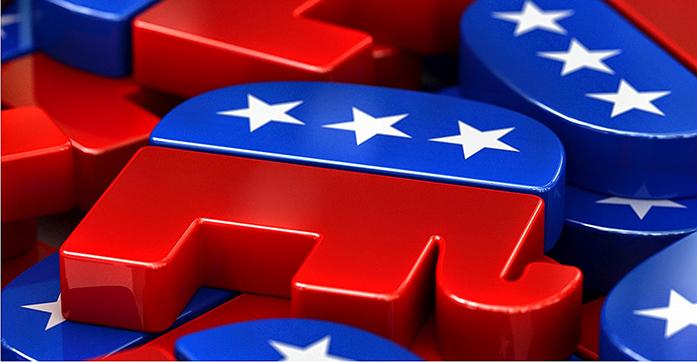By Laura Scott
In the wake of Donald Trump’s election, conservative students at the University of Iowa have had mixed feelings about a Trump presidency and also about the campus climate and protests occurring.
“It’s really hard being a Republican, especially on this campus,” said Alexa Den Herder, a senior political-science and international-relations major who voted for Trump.
Den Herder said she thinks it is awful that minorities have been threatened in the wake of the election. But she said that she and several of her friends who also voted for Trump have received threats, too. Den Herder said, recently, she was verbally harassed as she was leaving her car, which is decorated with Republican bumper stickers.
“I feel like my life has been undervalued during this election, and that’s extremely sickening,” Den Herder said. “What makes one life more valuable than another?”
A female first-year student who wished to remain anonymous said being a Republican on campus is hard enough without broadcasting her ideology to the campus community in an article such as this one.
“I was not a Trump fan to begin with,” said the student. “I wanted anyone but Trump to get the Republican nomination.”
But after Trump won the primaries, she said she believed she didn’t have any choice.
“I’m so tired of being labeled as a bigot or misogynist or a homophobic or a racist because I’m a Republican,” the student said. “So many assume if you voted for Trump you automatically accept all these things he said.”
Den Herder echoed this sentiment.
“I’ve been called a bigot, a racist, a sexist,” Den Herder said.
McKayla Brush, a sophomore political-science major, wrote in Marco Rubio. Brush said she supported Rubio during the primaries and believes Rubio could have offered a fresh perspective for the presidency as a young candidate who had a lot of substantive ideas.
“Republicans and Democrats have a lot of the same goals, they just have different ideas on how to get there,” Brush said.
“I definitely was not an enthusiastic Trump supporter,” Den Herder said, who worked on the Bush campaign during the primaries. “I don’t think among College Republicans or across America at all that Trump was anyone’s first choice.”
Den Herder said it’s hard to explain her decision to support Trump in spite of the racist, xenophobic, and misogynistic sentiments he expressed throughout his campaign.
Den Herder said that social issues were less important to her during this election than secure borders, job growth, low taxes, and economic security. And she said she didn’t think Trump expressed homophobic sentiments during the campaign.
Mike Sylvester, a senior political-science and international-relations major, also said he found Trump’s ideology to be unique, and described Trump as fiscally conservative and antiestablishment.
Sylvester is Canadian, so he couldn’t vote in the election, but he believes the Republican Party does a better job of empowering individuals than the Democrats, which is more in line with his political leanings. While still undecided, he predicts he likely would have cast a very reluctant vote for Trump.
“He’s never said anything derogatory about the LGBTQ community,” Sylvester said. “Trump is a lot more liberal than people think he is.”



